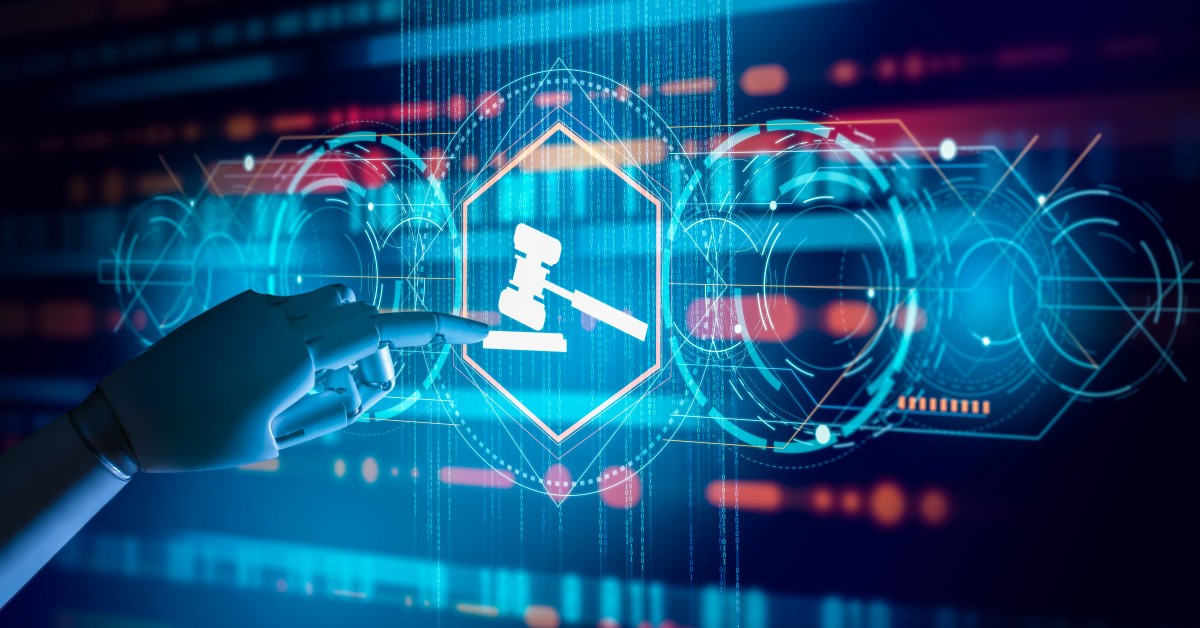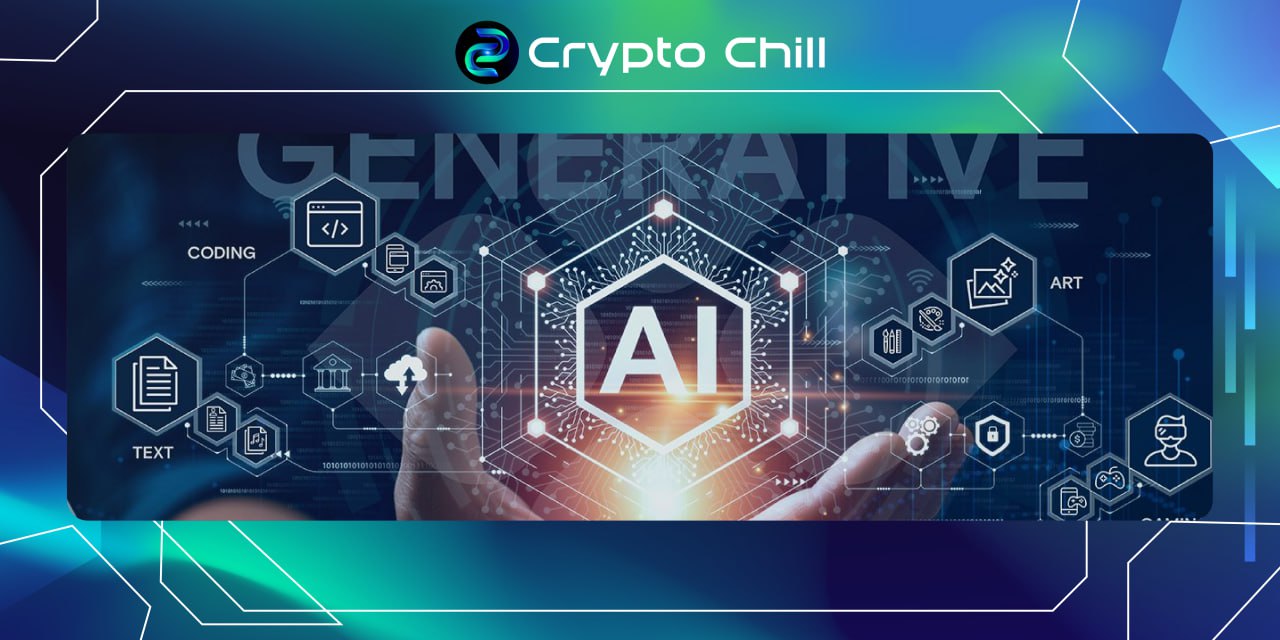In Part 1 of our exploration into the realm of generative AI in today’s cybersecurity landscape, we delved into the challenges and opportunities posed by this revolutionary technology. Now, in Part 2, we address a burning question: “Will AI replace security professionals?”
Will AI Replace Security Professionals?
Amidst the surge of new threats to data privacy, the rise of generative AI has ignited concerns about the role of humans in the evolving workforce. Maria Markstedter, CEO of Azeria Labs, acknowledges that predicting the future is complex, but she emphasizes that generative AI has already presented the security industry with a host of novel challenges that require innovative solutions.

Markstedter envisions that artificial intelligence will markedly increase the industry’s market cap. She underscores that the security sector has historically grown with technological shifts and adapted to new security issues. However, generative AI introduces new conundrums that demand unexplored solutions. This is where the opportunity lies, as we invest substantial resources in crafting these solutions.
In this evolving landscape, the demand for security researchers with adeptness in handling generative AI models is expected to soar. Markstedter highlights the potential scenario where artificial intelligence may not replace security professionals entirely, but those equipped with AI skills could potentially replace their non-adaptive counterparts.
Exploring “Explainable AI”
The area of “explainable AI” is a key focal point for security professionals. It offers a window into the black box of generative AI’s training data, aiding developers and researchers in understanding the decision-making process of these artificial intelligence models. Security experts are likely to develop reverse engineering tools that will shed light on how these models arrive at their determinations.
The Future of Generative AI Security
Both Markstedter and Jeff Moss, founder of Black Hat, agree that generative AI’s influence is poised for expansion. Autonomous artificial intelligence agents are looming as a reality within enterprises, according to Markstedter. This compels a reimagining of identity and asset management for these agents, which in turn necessitates a paradigm shift in data security strategies. The challenge lies in either deeming the integration of such agents as too risky or embracing them while creating safeguarding mechanisms.
Moss augments this perspective by pointing out the potential of on-device artificial intelligence applications on mobile phones, hinting at the multifaceted opportunities that AI ushers in. While the complexities of AI-related issues are undeniable, Moss encourages contemplating the business prospects and the role professionals play in shaping the AI-driven future.
Conclusion
Generative AI’s transformative impact on cybersecurity requires security professionals to adapt and develop innovative solutions. Whether artificial intelligence fully replaces security professionals or becomes a powerful tool in their arsenal, the opportunities and challenges it presents underline the critical role of the security community in navigating this rapidly evolving landscape. As we look ahead, we must embrace the future and actively contribute to steering it in the right direction.
Disclaimer: The information in this article is not investment advice from CryptoChill. Overall, cryptocurrencies always carry many financial risks. Therefore, do your own research before making any investment decisions based on this website’s information.











No Comment! Be the first one.